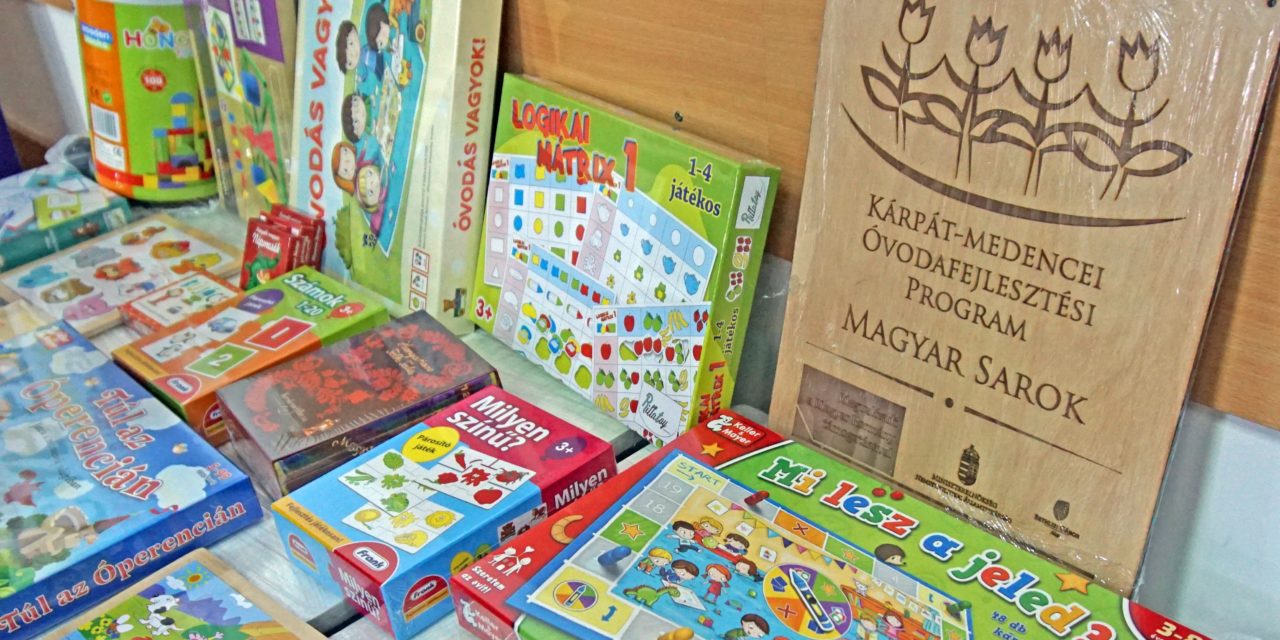The basic law dictates responsibility for the fate of Hungarians living outside the country's borders and the promotion of the survival and development of their communities, as the Hungarian nation would be irreplaceably incomplete without Hungarians living abroad, said Sölch Gellért, Emmi's deputy state secretary responsible for strategic affairs. He added that this is why the government launched the Carpathian Basin Kindergarten Development Program, through which the children of Hungarian families can study in Hungarian educational institutions.
Sölch Gellért emphasized that since 2010 Hungarian national politics has been acting responsibly. "It branches out in many directions, but it starts from a common point and heads in one direction," he said. He added that this is why the government launched the Carpathian Basin Kindergarten Development Program, which gives Hungarian families more opportunities than ever before for their children to start their common upbringing and education in a Hungarian educational institution.
The deputy state secretary said that the aim of the program, implemented under the leadership of the Office of Education (OH) and supported by the European Union with about HUF 2.5 billion, is to strengthen the educational relations between Hungarians abroad and in Hungary.
Sölch Gellért emphasized that the implemented program elements add such added value to cross-border education that teachers, higher education academics and educators alike could benefit from, so that they can continue value-creating work in the training of the future Hungarian generation.
This is in line with the possibility - which was also expected when Hungary joined the European Union - that the dismantling of the borders opens the way for the reorganization of the cohesive relations that became difficult in 1920, he said.
Source and full article: origo.hu
Image: ovodaprogram.eu













